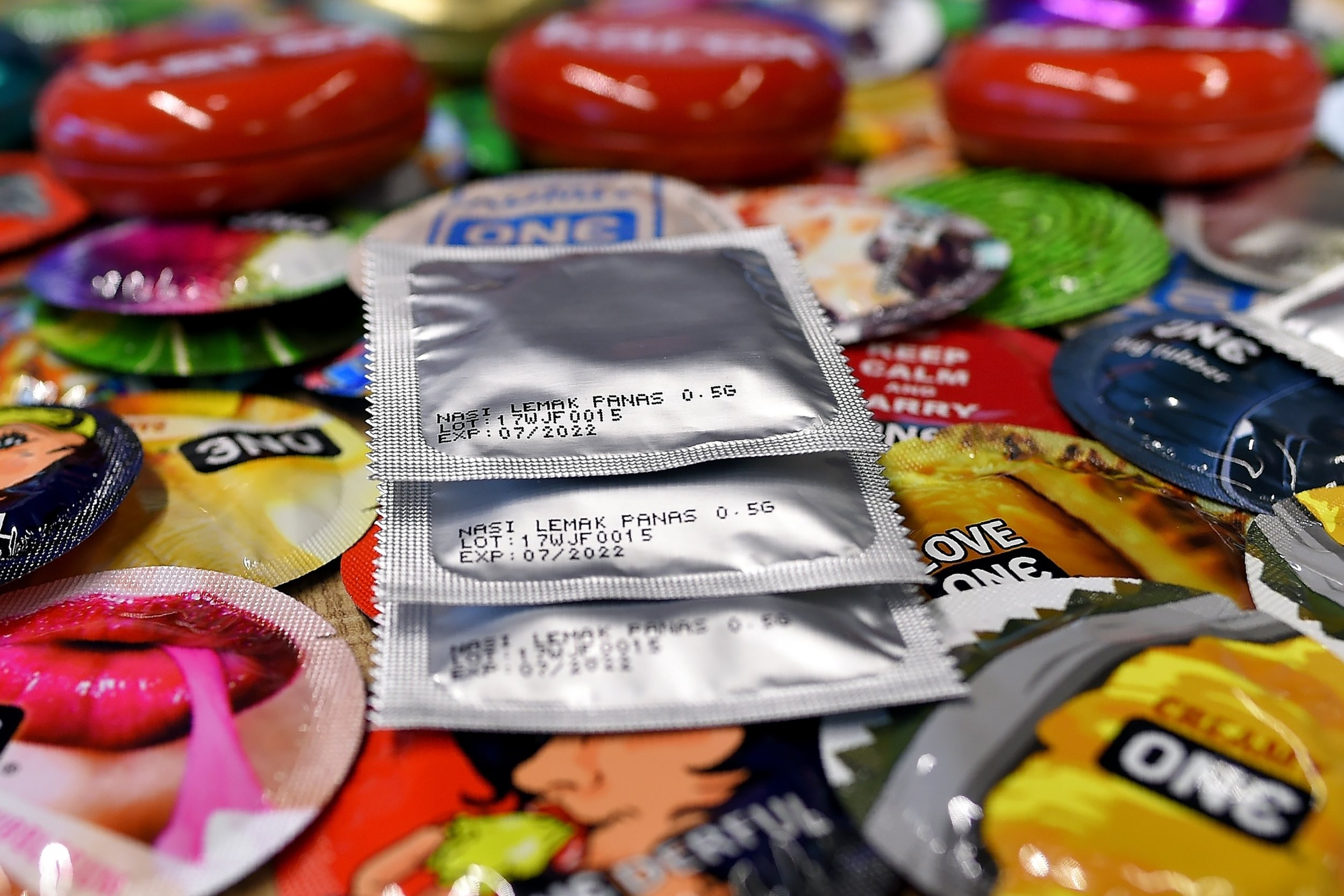
Sperm is far more temperamental than we thought. A new study suggests that even the slightest bit of stress can affect its genetic makeup and cause men to pass on this stress to their children. This may explain generations of generally stressed-out kids, but don't panic—we may be able to stop it.
The link between stress and sperm has been previously identified, but what researchers did not know was whether this link could be prevented. In a new study presented at the Neuroscience 2017 conference in Philadelphia, scientists may have finally answered this question, potentially saving a generation from inheriting their fathers' anxieties.
Related: Male infertility crisis in U.S. has baffled experts
The research began by looking at the physical makeup of the reproductive system of male mice. The team specifically focused on the caput epididymis, an area of the male reproductive tract where sperm cells mature—think of it as a sperm nursery. Here, they eliminated a stress-hormone receptor called the glucocorticoid receptor and noted that doing so stopped stress from being genetically passed on to future offspring via sperm.
To test this, the researchers placed mice fathered by chronically stressed-out dads near the scent of a predator. Mice of stressed-out dads who did not have their glucocorticoid receptor eliminated went on to overproduce the stress hormone corticosterone when in the presence of the predator odor. However, mice of chronically stressed-out dads that were genetically altered so that they did not have the glucocorticoid receptor had a normal reaction to the predator's scent.
"These studies suggest that paternal experiences can have lasting changes on the germline and future offspring brain development, and offer an exciting novel mechanism by which the environment can dynamically regulate sperm epigenetic marks," the study concluded.
Related: Western men could struggle to become fathers as sperm count halves in 40 years
Past research on sperm has showed that stress not only alters sperm cells but also degrades them while doing so. A 2014 study from Columbia University Mailman School of Public Health found that psychological stress affected sperm and semen concentration, appearance and overall ability to fertilize an egg.
Although this research was conducted on mice, the team highlights that the same mechanisms are seen in human sperm. The next step is to see whether or not human sperm produces the same stress reactions as the mouse sperm, and they plan to test this in a most ingenious manner—through the old-fashioned donation of particularly stressed-out college students. If the same results are seen in humans, it could present a way to prevent passing on stress, allowing children to get stressed out for their own problems, not their fathers'.
Uncommon Knowledge
Newsweek is committed to challenging conventional wisdom and finding connections in the search for common ground.
Newsweek is committed to challenging conventional wisdom and finding connections in the search for common ground.
About the writer
To read how Newsweek uses AI as a newsroom tool, Click here.








